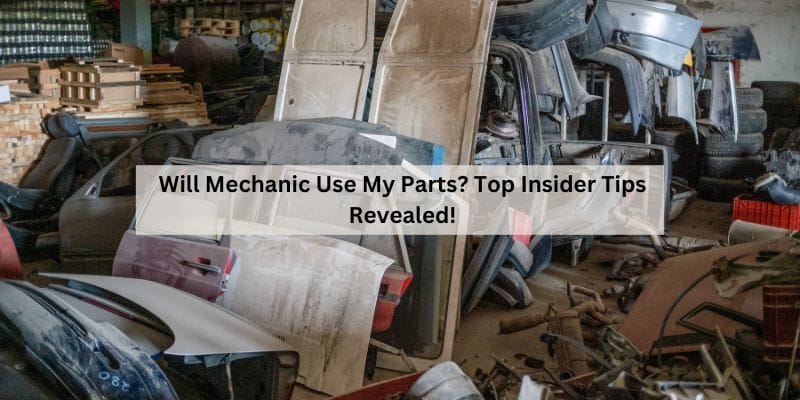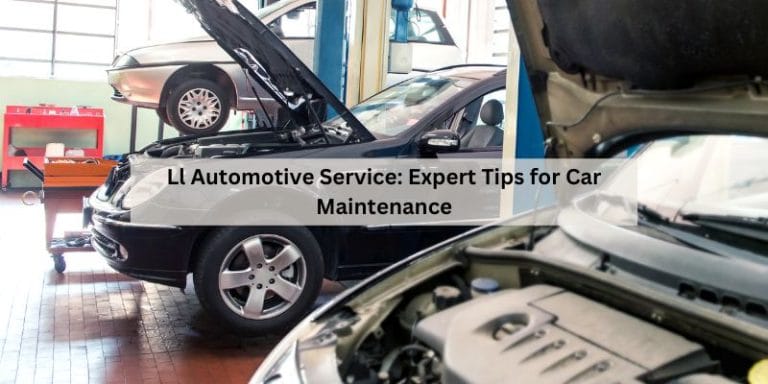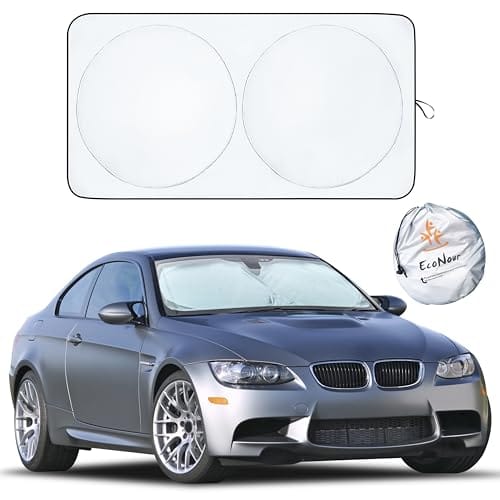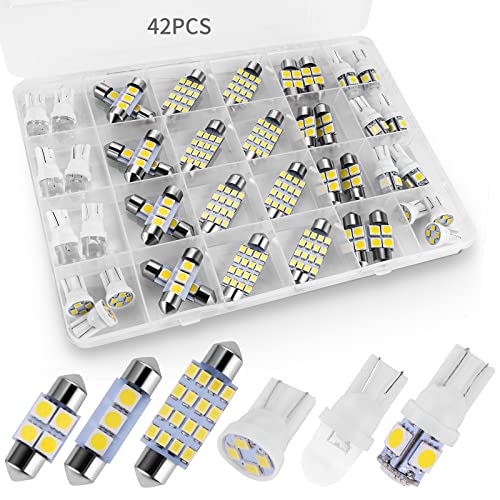Will Mechanic Use My Parts? Top Insider Tips Revealed!
Yes, mechanics can use your parts. You can source aftermarket replacement parts and have a mechanic install them for you, saving money on the product while paying for the labor.
However, not all mechanics may be willing to install customer-supplied parts, as they may prefer to use their own trusted suppliers. It’s important to communicate with the mechanic beforehand to ensure they are open to the idea. Additionally, if you choose to supply your own parts, the mechanic may not provide a warranty for those parts, so it’s important to consider the potential risks involved.
Ultimately, it’s best to discuss your options with the mechanic and come to a mutual agreement that works for both parties.
Navigating The Parts Dilemma
When it comes to supplying your own parts, it’s important to consider the pros and cons. From a mechanic’s perspective, there are both advantages and disadvantages to using customer-supplied parts. One of the benefits for customers is the potential cost savings, as they can source economically priced aftermarket replacement parts. However, mechanics may be hesitant to use customer-supplied parts due to potential warranty issues and the extra time and effort required to handle these parts. It’s essential for customers to communicate openly with their mechanics and understand the policies regarding customer-supplied parts.
The Economics Of Auto Parts In Repair Shops
When it comes to the markup on parts, it’s important to understand that mechanics have to consider the costs and profits associated with the parts they use in repairs. While it may seem like a necessary evil, the reality is that parts play a significant role in the economics of auto repair shops.
Quality And Compatibility Concerns
|
When it comes to replacing parts on your vehicle, you may wonder if a mechanic will use your parts or if they will only use original equipment manufacturer (OEM) parts. While it is possible for a mechanic to use the parts you provide, there are some concerns to keep in mind. Risks of Aftermarket Parts vs. OEM:
Ultimately, it is up to the mechanic to decide if they will use your parts or not. However, it is important to consider the risks and ensure the right fit for your vehicle to avoid potential issues down the line. |
The Warranty Debate
When it comes to the warranty debate, many car owners wonder about the mechanic’s warranty policies on external parts. If a self-supplied part fails, the responsibility and warranty coverage become a crucial concern. Generally, mechanics have varying stances on installing customer-provided parts, and it’s important for vehicle owners to be aware of these policies before making a decision. In some cases, mechanics may agree to install external parts, but it’s essential to understand that they might not provide a warranty for these components. Therefore, it’s advisable to clarify the warranty terms with the mechanic before proceeding with the installation of self-supplied parts.
Labour Costs And Self-supplied Parts
When it comes to labour costs and self-supplied parts, mechanics will usually install the parts you provide, saving you money on the cost of purchasing parts from them. However, it’s important to note that if the parts you provide fail, they may not be covered under warranty, and you may be charged for their removal.
It’s best to discuss this with your mechanic beforehand to avoid any misunderstandings.
| Labour Costs and Self-Supplied Parts |
| If you’re thinking of bringing your own parts to a mechanic, you need to consider how it affects labor charges. While it may seem like a good idea to save money on parts, it can actually end up costing you more in labor charges. Mechanic shops make money from the labor they provide, not from the parts they sell. So, if you bring your own parts, the mechanic may charge you more for the labor to install them. |
| It’s important to negotiate labor rates with your mechanic before bringing in your own parts. Some mechanics may have a policy against using customer-supplied parts, while others may allow it with some conditions. However, if you do bring your own parts and they fail, the mechanic may not warranty the work. So, it’s important to weigh the pros and cons before making a decision. |
Building Trust With Your Mechanic
|
When it comes to using your own parts for auto repairs, it’s important to establish trust with your mechanic. Communicating openly about your parts preferences can help create a win-win situation for both you and your mechanic. However, it’s important to understand that shops make money from labor, not parts. Therefore, some shops may not allow customer-supplied parts. If you do choose to bring your own parts, make sure they are quality made and economically priced. It’s also important to note that if you supply the parts and they fail, the shop may not warranty anything. Additionally, when needing vehicle parts replaced, make sure to request the old parts back upon vehicle pickup to verify the work and possibly retain some value. Overall, while it may be possible to buy your own parts and have a mechanic install them, it’s important to communicate openly with your mechanic and understand their policies regarding customer-supplied parts. |
Legal And Liability Issues
When it comes to self-supplied parts, it’s important to understand the legal and liability issues. If a mechanic installs a customer-supplied part that fails, they may not warranty the part. In addition, the customer is typically responsible for the cost of new parts unless covered by a warranty. Mechanics generally make money from labor rather than parts. It’s essential for vehicle owners to request the old parts back upon vehicle pickup to verify the work and potentially retain some value. While some mechanics may allow customers to bring in their own parts, many may not be thrilled about this idea due to various reasons.
Tips For Providing Your Own Parts
If you bring your own parts to a mechanic, they may be willing to install them for you. However, keep in mind that if the parts fail, they may not provide a warranty for them. It’s best to discuss this with the mechanic beforehand to understand their policies and any potential risks involved.
| Tips for Providing Your Own Parts | |
| How to Select the Right Parts for Your Car | Before providing your own parts to a mechanic, it is important to select the right ones for your car. Check your car’s owner manual or consult with a mechanic to determine the correct make and model of the parts you need. You can also research and compare prices online to ensure you are getting a fair deal. |
| Best Practices When Bringing Parts to a Mechanic | When bringing your own parts to a mechanic, it is important to communicate clearly and provide all necessary information such as the make and model of your car, the specific parts you are providing, and any warranty information. It is also important to understand that the mechanic may not be able to warranty the parts you provide, so be prepared to assume that risk. |
By providing your own parts to a mechanic, you may be able to save money on the cost of parts. However, it is important to select the right parts for your car and communicate clearly with your mechanic to ensure the job is done correctly. While some mechanics may not warranty parts that you provide, sourcing your own parts can still be a cost-effective option for certain repairs. Remember to research and compare prices, and be prepared to assume the risk if the parts fail.
Case Studies And Real Experiences
When working with mechanics, it’s essential to consider their policies on using customer-supplied parts. Some mechanics may accept this, while others prefer to use parts they supply. It’s crucial to communicate openly and understand the mechanic’s perspective. Real experiences from car owners and mechanics can provide valuable insights into the implications of self-supplying parts. These case studies shed light on the lessons learned and highlight the importance of clarity regarding part warranties and responsibilities. Ultimately, open dialogue and mutual understanding are key to a positive experience when it comes to parts sourcing.
Conclusion: Making An Informed Decision
When considering whether to supply your own parts to a mechanic, it’s important to weigh the potential risks and rewards. One key consideration is that supplying your own parts may lead to cost savings. However, it’s essential to ensure that the parts you provide are of high quality and compatible with your vehicle. Additionally, keep in mind that some mechanics may not offer warranties for parts they haven’t sourced themselves. On the other hand, providing your own parts can give you more control over the selection and pricing. It’s crucial to communicate openly with your mechanic and carefully evaluate the pros and cons before making a decision.
Frequently Asked Questions
Do Mechanics Put On Aftermarket Parts?
Mechanics can install aftermarket parts if provided by the customer. By sourcing a quality aftermarket replacement part, customers can save money on the product and have a mechanic handle the installation. It’s important to note that if the supplied part fails, the mechanic may not provide a warranty for it.
How Do I Know If I’m Getting Ripped Off By A Mechanic?
To determine if you’re being ripped off by a mechanic, watch out for these signs: continuous repairs, scare tactics, vague terms, cheap replacement parts, unnecessary repairs, refusal to show old parts, not following the manual, and a lack of clear explanations.
Additionally, mechanics may make money from parts, but it’s best to request the old parts back when they’re replaced.
Do Mechanics Make Money On Parts?
Mechanics can make money on parts by marking up the cost to cover their time and effort in sourcing and installing them. However, not all mechanics allow customers to bring their own parts, as they may prefer to use parts from their trusted suppliers.
It’s best to consult with your mechanic to understand their policy on using customer-supplied parts.
What Should You Do If You Need Vehicle Parts Replaced?
If you need vehicle parts replaced, you should request the old parts back upon vehicle pickup to verify the work and possibly retain some value. It’s the responsibility of the vehicle owner to cover new part costs unless a warranty applies.
You can also source aftermarket replacement parts and have a mechanic install them for you.
Conclusion
To sum up, the decision of whether a mechanic will use your parts ultimately depends on their policies and preferences. While some mechanics may be open to using customer-supplied parts, others may prefer to use their own. It’s important to communicate with your mechanic and understand their stance on this matter.
Additionally, keep in mind that if you choose to supply your own parts, there may be limitations or potential warranty issues. Ultimately, it’s crucial to have a clear understanding with your mechanic before proceeding.







